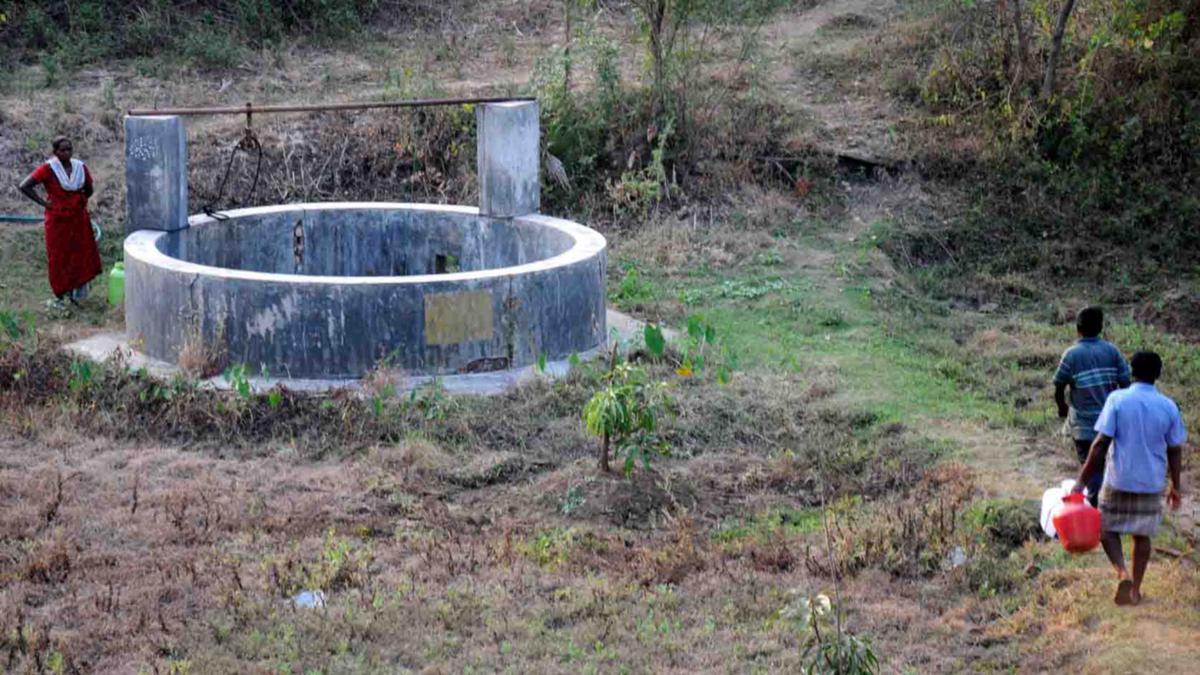Now Reading: Water Quality Survey Finds Half of Wells Contaminated in 10 Kerala Districts
-
01
Water Quality Survey Finds Half of Wells Contaminated in 10 Kerala Districts
Water Quality Survey Finds Half of Wells Contaminated in 10 Kerala Districts

Speedy Summary
- Contamination Findings: Nearly 50% of wells tested in 10 districts of Kerala under the National Water Quality Monitoring Program showed varying levels of contamination. Samples were collected in October 2024 across Thiruvananthapuram, Kollam, Alappuzha, Kottayam, Ernakulam, Malappuram, Thrissur, Kozhikode, Palakkad, and Kannur districts.
- Testing Insights:
– Samples from 16 out of 31 wells revealed contamination.
– High to very high Most Probable Number (MPN) values (400 to 4000),indicating faecal contamination sources due to inadequate sanitation systems.
– Fifteen samples were assessed as safe or low-risk with MPN values below detectable limits or less than 100 MPN/100 ml.
- Recommendations by Authorities:
– Local and urban bodies must retrofit improper containment systems with lined septic tanks or biodigesters such as those developed by the Defense Research and Development Organisation (DRDO).
– Regular monitoring of groundwater quality through state departments is essential.
– Civic authorities should mandate proper containment systems before issuing permits for new construction projects.
- Behavior Change Campaign: Authorities advised awareness programs targeting households and establishments alongside training for contractors on best practices for constructing non-leaking containment systems.
Indian Opinion analysis
The findings from Kerala’s groundwater testing raise serious concerns about water security and health risks associated with faecal contamination due to suboptimal sanitation infrastructure. Such localized pollution could potentially reflect broader systemic challenges within waste management frameworks at community levels.
The response measures outlined-such as retrofitting outdated septic systems and emphasizing behaviour-change initiatives-appear pragmatic but will require systematic implementation paired with adequate funding support.Enhanced collaboration between civic bodies and research organizations may expedite progress in mitigating further risks.
Monitoring efforts like this not only highlight vulnerabilities but also offer data-driven pathways for states across India to prioritize lasting waste management strategies integral to public health outcomes.
Read more: The Hindu
























